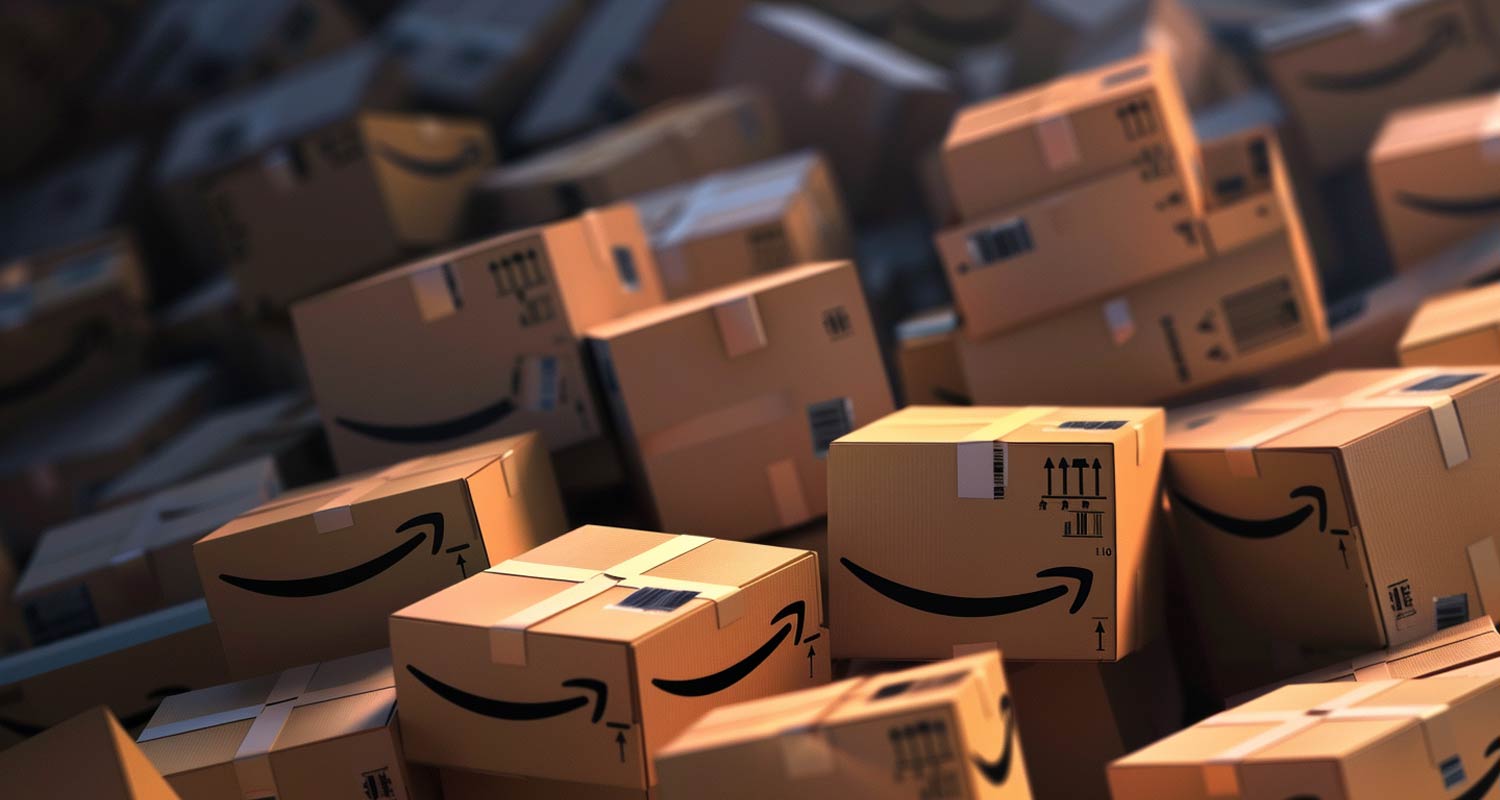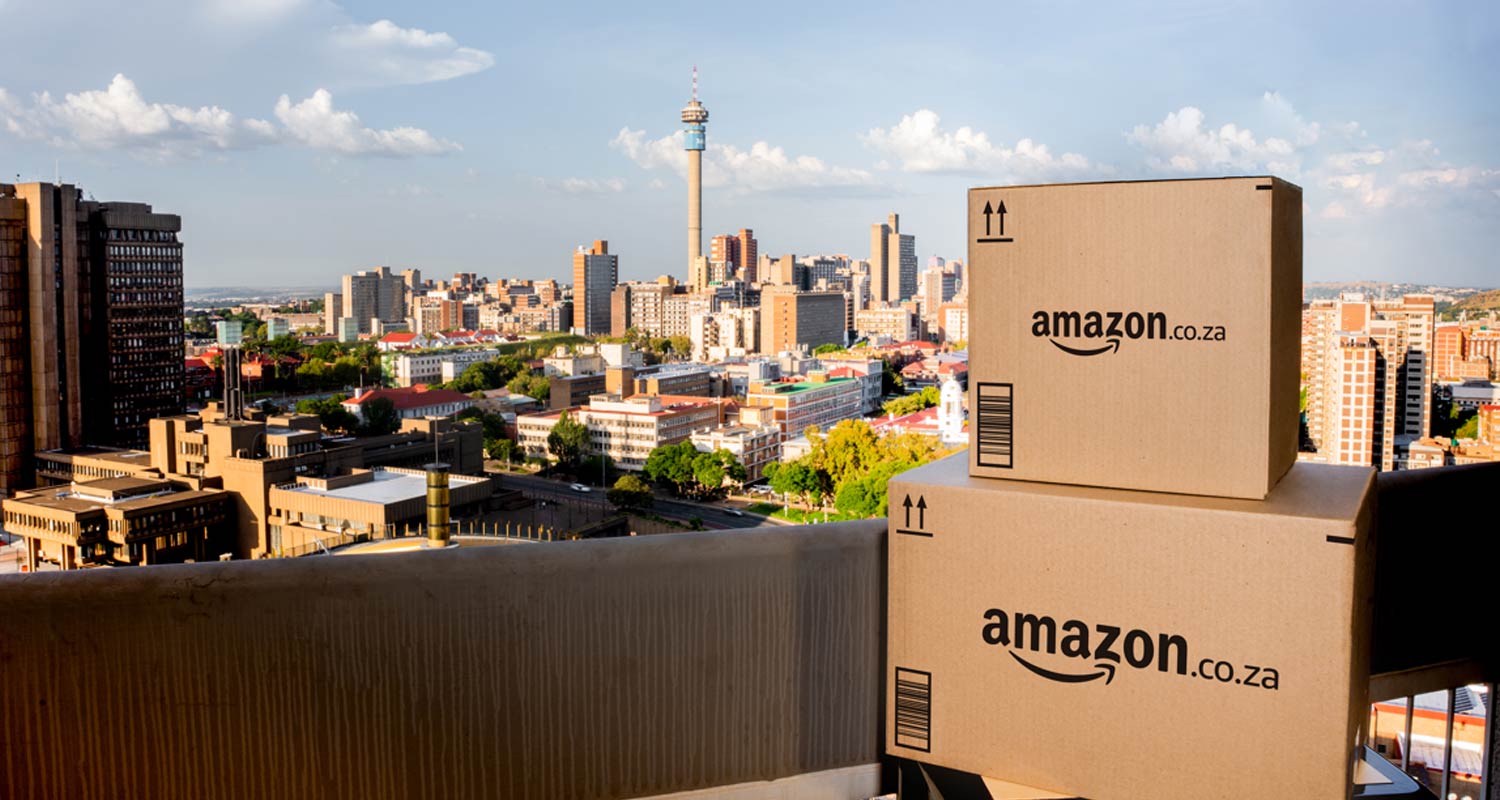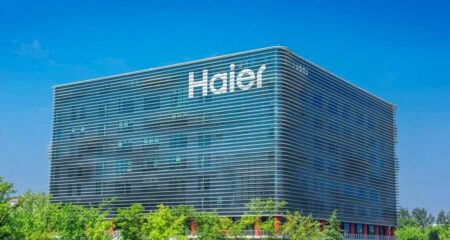 Amazon appears to be struggling to gain traction in the hotly contested e-commerce market following its South African launch a month ago.
Amazon appears to be struggling to gain traction in the hotly contested e-commerce market following its South African launch a month ago.
According to a retail industry analyst, there are several factors that might be contributing to Amazon’s lacklustre launch, with the failure of the Post Office among them.
“They are up against a seasoned competitor (Takealot), which has strong financial backing,” said Chris Gilmour, investment analyst at Gilmour Research. “There are also other competitors, but none as good as Takealot. Secondly, logistics [is a problem]. South Africa is a big country with poor logistical services for the end consumer.”
Gilmour said that in regions with a strong national postal service, like the UK, Amazon is able to offer cheap (and sometimes free) standard delivery.
This means that all Amazon’s deliveries in South Africa will attract some kind of fee.
Another factor throttling Amazon’s growth here is the size of the market itself. In May, World Wide Worx released its Online Retail in South Africa 2024 report that found online retails accounted for 6% of the R1.1-trillion retail sales volumes for South Africa in 2023. Worx CEO Arthur Goldstuck predicted this figure will rise to 10% of total sales in 2025.
“Buying online in South Africa is still in its infancy. It’s growing rapidly but still very small compared with physical shopping. Thus, it will take time, regardless, to assure aspiring new customers that they have a viable proposition,” said Gilmour.
Softly-softly
When Amazon launched in May, much of its product offering was flagged as either having limited stock or not being in stock at all. Not all the promised product categories were available on the website either. This “soft launch” strategy may contribute to a pullback by consumers, who had expected to find what they are looking for given the retail giant’s reputation for carrying a vast amount of stock internationally.
But Gilmour believes Amazon’s softly-softly South African launch strategy is sensible.
“Although perhaps not as comprehensive as Takealot, [their product portfolio is] growing. They have adopted a gradualist approach, and I think that is the correct strategy.”
Read: Same-day delivery a key priority for Amazon in South Africa
Perhaps the biggest disappointment for local consumers, who have been anticipating Amazon’s entry into the local market for some time, is the lack of the Prime subscription service. In markets where it’s available, Prime bundles free or low-cost delivery, Prime Video and other Amazon offerings into a single subscription.
The Prime service promised to be a major differentiator in a hotly constested marketplace. But given the logistical challenges in South Africa, Gilmour is sceptical of the product’s viability in the local market. However, Takealot has launched a similar product, called TakealotMore, seeking to head off the launch of Prime in South Africa.
 Amazon has said previously that it plans to launch Prime in the local market, but hasn’t provided any further details.
Amazon has said previously that it plans to launch Prime in the local market, but hasn’t provided any further details.
“Prime guarantees free fast delivery for a modest monthly fee. South Africa is a big country with relatively poor consumer logistics capability and therefore fulfilment costs for Prime are going to be high. It follows, therefore, that the monthly Prime subscription will also have to be high.”
Gilmour thinks Amazon will have to charge around R200/month for Prime. “Checkers Sixty60 can do unlimited food deliveries within the hour for R99/month. I know it’s a different model and the two companies don’t really compete, but this shows how Shoprite can operate profitably from a multitude of effective fulfilment centres at their vast network of stores. Amazon doesn’t have that,” he said.
Read: Amazon launches in South Africa … without any Amazon products
He also warned against looking at a snapshot of the market a mere month after Amazon’s launch and concluding that the megaretailer has lost its battle for market share in South Africa’s nascent e-commerce market.
As one of the world’s largest companies, with an enormous balance sheet, Amazon can withstand a long period of start-up costs in any jurisdiction, he added.
“I believe Amazon has faith in South Africa as a viable international destination and will continue to add services at time goes on.”
TechCentral has asked Amazon for comment on the progress it has made in South Africa since the launch and will update this article if feedback is received. — © 2024 NewsCentral Media




